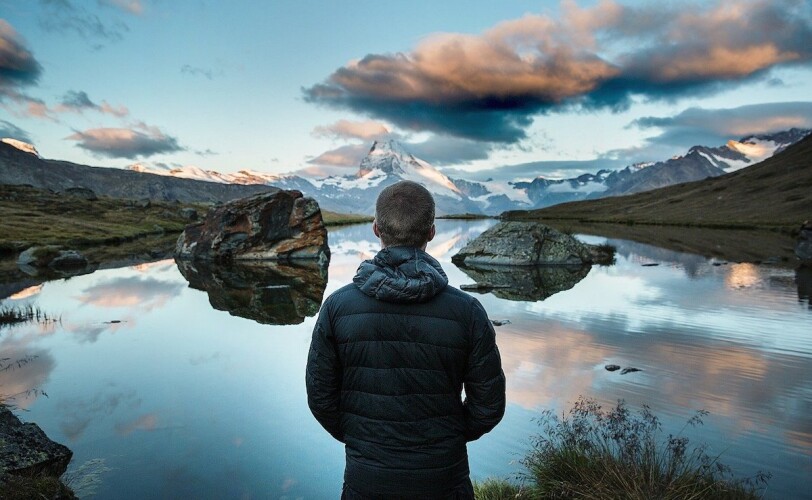No man is an island
We are social animals. Our need for others is engrained in our DNA, our biological infrastructure, from the days we were roaming the wild. We needed others to survive, and without others, our chances to survive were close to none. We have of course evolved since; society has dramatically changed, the world has dramatically changed. How we seek contact now is through a raft of gadgets, gizmos and apps aplenty; a saving grace in the days of COVID-19.
Nevertheless, the basic need remains consistent. This had been much researched and all psychological theories describe this in various ways, but ultimately agree. The bottom line is, that safe, close and consistent contact is really good for us. Through relationships, we develop, grow and learn: how to touch, how to make eye contact, how to handle our emotions, how to play, how to handle conflict, how to give and receive feedback, how to ask for help, how to support others. And most importantly, how to trust, to feel safe.
We learn to make connections as babies with our primary caregivers, and the care we get shapes our learned capacity to connect. That capacity becomes a key feature of our well being and mental health as we go out into the world, become adults, grow old. With the right environment, we learn to feel safe in the world with others. But, when the environment is not consistent, not close, not safe, we lose our sense of safety. Our body and mind kick into what is called “threat response” and we react to the environment as if it is threatening us. We begin to struggle with the same things mentioned above: to make eye contact, to handle our emotions, to handle conflict, to ask for help, to support others. We lose trust, we no longer feel safe.
Isolation is the sense that we are all alone, cut off from others. It is the experience of absence of relationship. It is a sense of total disconnect. That is to say, that you can feel isolated when you are alone, as well as in a relationship. It is one of the fundamental fears of humans, an existential angst we find sophisticated and sometimes counterproductive ways to avoid as much as possible.
When we are isolated, that “threat response” kicks in, and it‘s no fun. It is energy consuming and can feel up and down, hyper, agitated, really low, exhausted, depressed. Isolation is a risk factor: there is a direct link between isolation and risk of self-harm, from simple things like not caring for your most basic needs such as food, hygiene and sleep, to addiction, bodily harm and ultimately suicide. It increases the risk for harming others, like explosive and abusive behaviour. And it also increases the risk of losing touch with reality, as our capacity to think and to remember, deteriorates, with the extreme end of the spectrum resulting in the possibility of a psychotic episode. There is a reason why isolation was used as a form of torture in concentration camps and prisons: it can break the toughest of human spirit.
The title of this article is a quotation from John Donne's Devotions (1624): “No man is an Island, entire of itself; every man is a piece of the Continent, a part of the main.” What this quote reminds us of, is that we need an-other. Isolation, is not the same as solitude, which is the enjoyment of being alone, which some of course, relish on, and seek it: for reflection, mediation, space. But even for them, it is interim.
If you are feeling isolated, there is only one antidote to it: connection. Know that it is important that you reach out. We all need to be asked sometimes: How are you? And for the answer to be listened to with interest, with care, with empathy. It just might be the thing that will keep you safe. Know that you can reach out. If you have someone special in your life; a relative, a friend, and if you feel you cannot, because you don’t know how, because you are too shy, because you are ashamed, then know that you can speak to a therapist, and they could help you with that. So that your spirit does not brake.


Find the right counsellor or therapist for you
All therapists are verified professionals